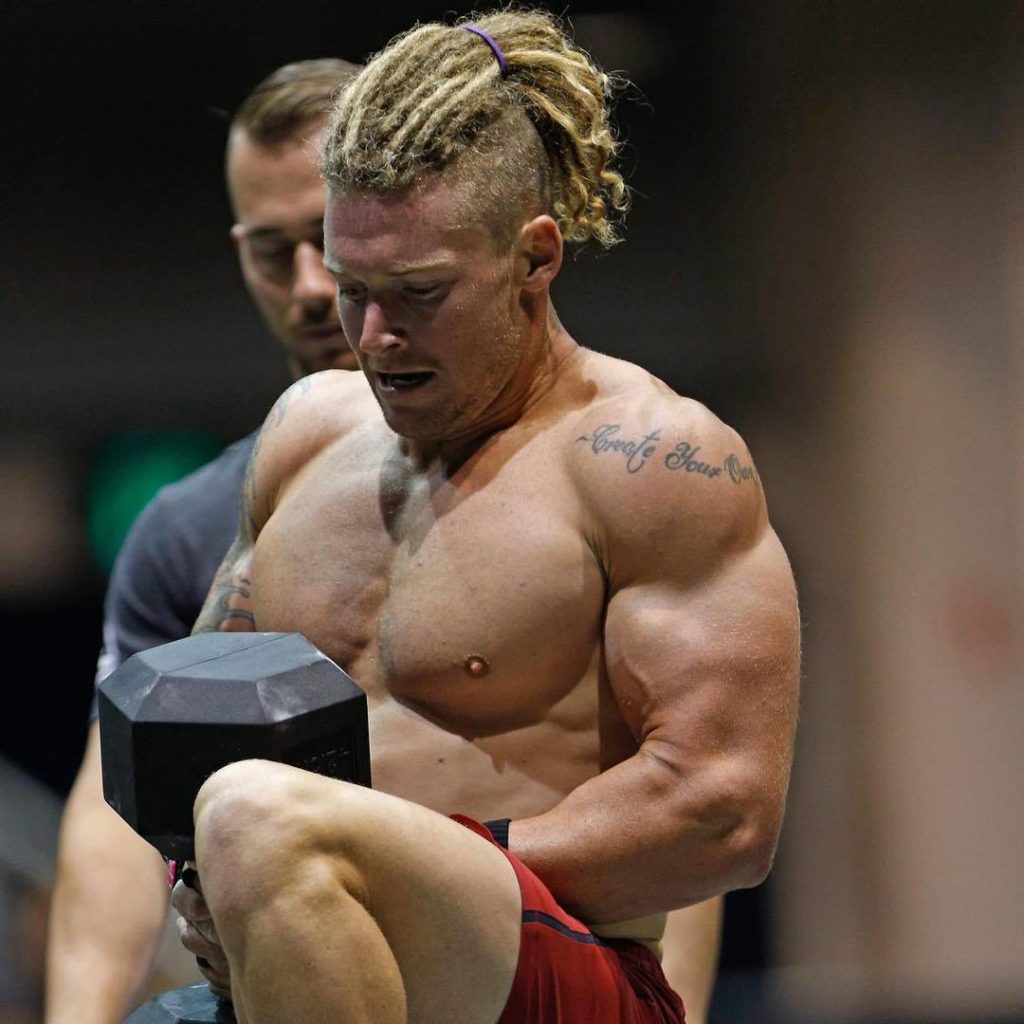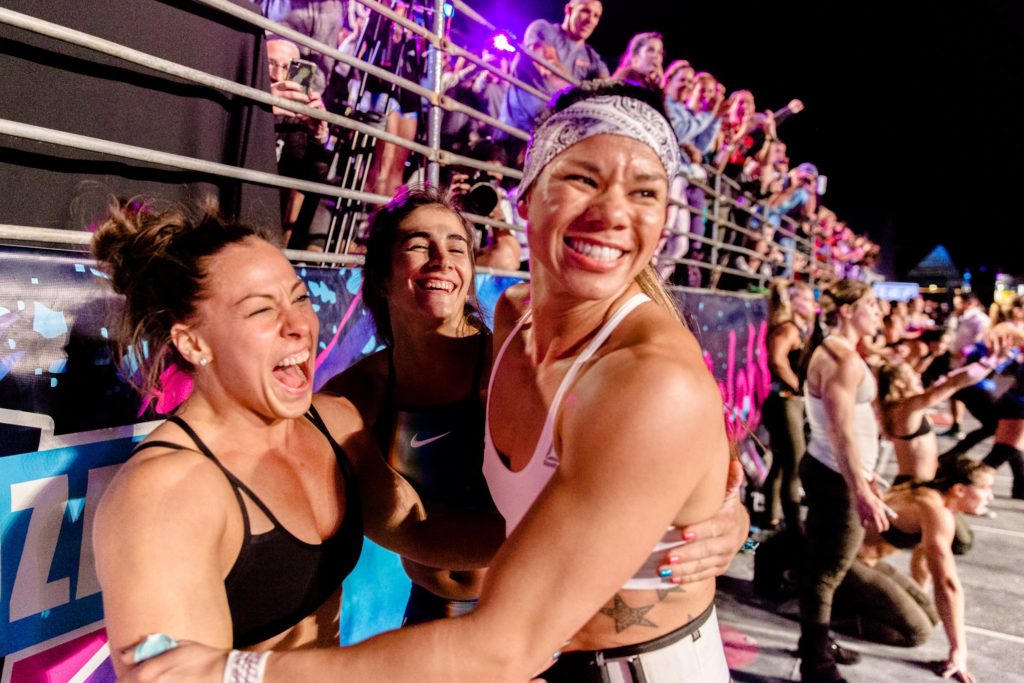Locus of control in CrossFit: external or internal?

We all love ourselves a good black and white kind of dichotomy. Regardless of the content, as humans we need to find someone to blame for the events that surround us. For survival purposes, it has proven its worth time and time again. Finding the causes of certain situations provides useful information.
In this sense, there is a certain tendency when it comes to defining our perceived control. Some people may tend towards externalizing control while others may consider that events depend entirely on their actions. So, we will either be placing control in our environment or in ourselves.
Julian Rotter (1966) described this construct as “locus of control”. It could be internal or external. All of us, to some extent, either assume responsibility for situations or we give that role to the environment.
How can locus of control influence sport?
In one particular study, Jambor and Rudisill (1992) came across an interesting finding. Athletes with external locus of control usually preferred group sports. On the other hand, athletes who had shown internal locus of control, went for individual sports.
For athletes with external locus of control, success in any sport will be considered a result of luck, coincidence, high performance of their teammates or poor performance of their rivals. In contrast, athletes who perceive more control of the situation, will explain their success as a direct consequence of their training methodology, nutrition or personal effort.
You may be thinking that internal locus of control is best at predicting high performance in sports but that all depends on the modality and particular situations. In teams, athletes who internalize control depends on their teammate completing their portion of the workout to advance. This may increase levels of impatience and frustration. Individual athletes with external locus of control may blame their judge for continuous no-reps resulting in hindered performance. Thing is: every situation will demand its own attribution and it’s important to learn the difference.
“If it’s something I don’t have control over, I have to just accept whatever happens”
– Mat Fraser in an interview with Craig Richey
In a recent interview, Mat Fraser talked about using to-do lists on a regular basis. He explains that he only writes down things that are under his control and what he’s going to do to control it. Anything that falls outside of that category, doesn’t make the list. He just accepts those consequences, whatever they may be.
If I succeed, it’s on me; if I don’t…it’s on everyone else
There’s nothing essentially wrong with this tendency in attributions. We’re just protecting our self-worth by deflecting responsibility in failure. That doesn’t mean we shouldn’t try to catch ourselves negating our control over certain situations. Before pointing fingers, figure out if you’re giving yourself credit when it’s due.
Outside in
If a judge is no-repping the crap out of you, don’t wait til the end of the event to get all passive-aggressive and post your sad story on Instagram. Own your responsibility. Maybe you weren’t getting below parallel on the squat or you weren’t locking out those elbows on the muscle-up.
This is a very common situation with top-level CrossFit athletes. Jeff Evans, Brooke Ence, Mat Fraser, etc… have all had their issues with judges at certain points. Sometimes they were right. Sometimes they weren’t. Here’s somebody who’s never had that problem: Rich Froning. Deliberately completes range of motion for every rep to leave no doubt and decrease the chances of being no-repped. Hence, assuming control of his responsibility as an athlete.

Inside out
If you’re going team and you’re in the midst of a heated relay, you may get nervous when it comes down to your last athlete. Maybe they’re not going as fast as you’d like them to, but you can’t change that. Your score depends on their performance, it’s on them at this point. All you can do is cheer them on to fuel the fire.
Many of these “super teams” that are showing up at the Games prove that they’re no more than “sum of individuals” instead of cohesive group. Team communication and knowing your teammates, head-to-toe, is neglected in many cases. This leads to failed no-reps in synchro events and just flat-out frustration.
Sure, locus of control depends on our personality type but it’s still “relatively stable”, meaning it’s not set in stone. You can learn to change the focus. In my experience, I’ve slowly learned to stop blaming others (judges, coaches, teammates) of my own personal faults. People will do their job as best they can and all I can do is care to my own. That applies to just about everything. Give responsibility to whoever owns it and you’ll see the benefits in performance. Not only when you win, but also when you need to cope with failure.
García, H. G., Muñoz, A. P., & Crespo, J. L. C. (2017). Relación entre locus de control, ira y rendimiento deportivo en jugadores de tenis de mesa. Cultura, ciencia y deporte: revista de ciencias de la actividad física y del deporte de la Universidad Católica de San Antonio, (35), 117-125.
Rotter, J. (1966). Generalized expectancies for internal versus external control of reinforcement. Psychological Monographs: General and Applied, 80(1), 1-28.
Jambor, E. A., & Rudisill, M. E. (1992). The relationship between children´s locus of control and sport choices. Journal of Human Movement studies, 22, 35-48.
